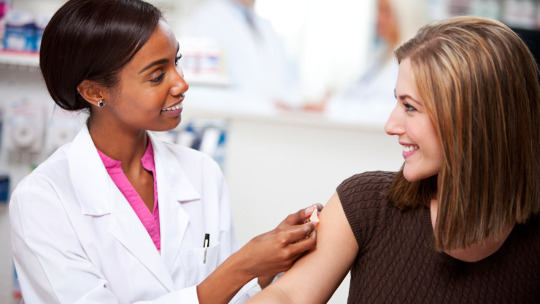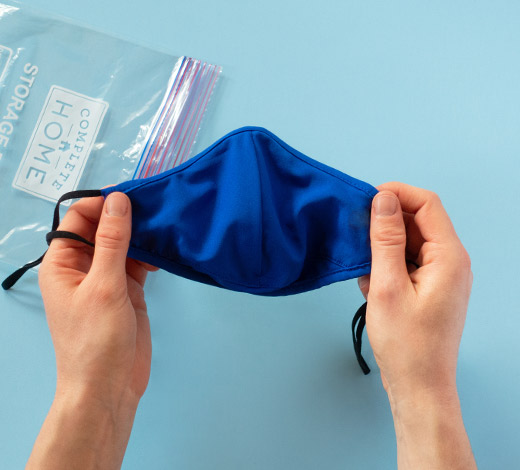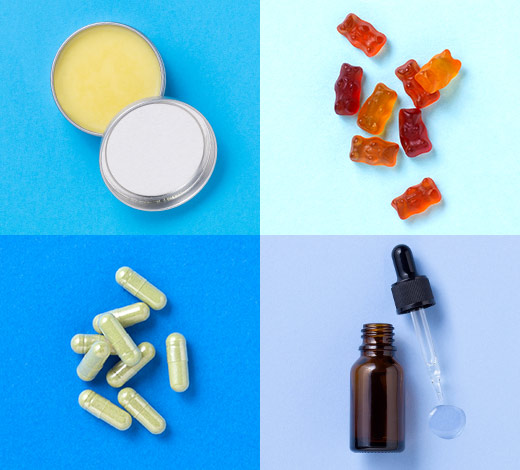

Diabetes increases the risk for many serious health problems, such as heart and kidney disease.
Some 29 million people or about 9% of the U.S. population have diabetes. Most people living with diabetes know that good glucose control is important for healthy eyes, heart, feet and other parts of the body.
However, people living with diabetes are also more likely than others to get infections and suffer complications. This is because their immune system does not work as well. Many illnesses are preventable through vaccination. Getting vaccinated is an important step in preventing illnesses and staying healthy for people with all forms of diabetes. Here are the facts.
People with diabetes at a higher risk than others for infections
Your immune system protects the body from bacteria, viruses and even tumors. Diabetes can make it harder for your immune system to fight infections. Diabetes is a disease in which blood glucose levels are above normal. Elevated blood sugar levels increase the risk for infections. Also, some infections, such as the flu, can raise your blood sugar. Studies have shown that people with diabetes have higher rates of hepatitis B than the rest of the population. We also know that people with diabetes are at increased risk for complications, including death, from pneumonia.
Vaccinate to prevent infections
If you have diabetes, check with your health care provider about the following vaccines on what vaccines are right for you:
- Influenza vaccine each year to protect against the seasonal flu
- Tdap vaccine to protect against whooping cough and tetanus
- Pneumococcal polysaccharide vaccine to protect against pneumonia and other pneumococcal diseases
- Hepatitis B vaccine series to protect against hepatitis B
- Zoster vaccine to protect against shingles
- HPV vaccine to protect against human papillomavirus if you are a man or woman up to age 26
- MMR vaccine to protect against measles, mumps, and rubella if you were born in 1957 or after and have not gotten this vaccine or have immunity to these diseases
- Varicella vaccine to protect against chickenpox if you were born in 1980 or after and have not gotten two doses of this vaccine or have immunity to this disease
Don’t forget these actions to stay healthy
Eating healthy and getting plenty of rest helps boost your immune system. Being physically active, not smoking, self-monitoring blood sugar levels, and taking medications appropriately help prevent complications and avoid potentially serious infections.
Handwashing is also a good defense against germs as is avoiding exposure to those who are ill when possible. When soap and water aren’t available, alcohol-based hand-sanitizing gels can offer protection. And make sure your whole family is up-to-date with your recommended vaccinations, including the flu shot.
Work with your health care team, including your pharmacist, to help you stay healthy.
Be well, stay well~
Pharmacist Andy
Andy Stergachis, Ph.D., R.Ph. is the Director of the Global Medicines Program at the University of Washington in Seattle and a subject expert on public health and pharmacy-related topics.


